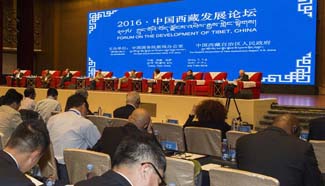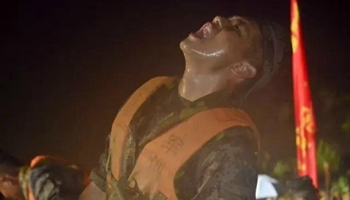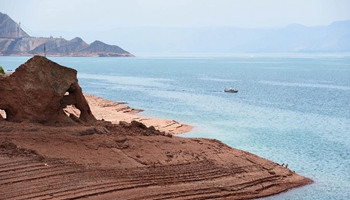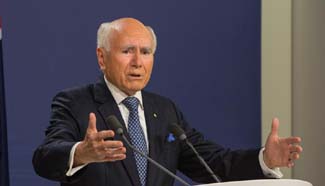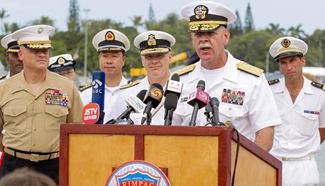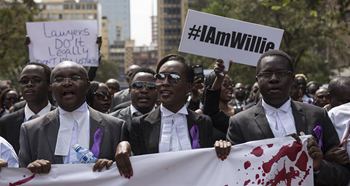
SYDNEY, July 7, 2016 (Xinhua) -- Former Australian prime minister John Howard speaks during a press conference in Sydney, Australia, July 7, 2016. Former Australian prime minister John Howard has said he does not regret his decision for Australia to enter the 2003 Iraqi War, despite the Chilcot Report's damning response to the U.S.-led invasion. (Xinhua/Zhu Hongye)
CANBERRA, July 7 (Xinhua) -- Former Australian prime minister John Howard has said he does not regret his decision for Australia to enter the 2003 Iraqi War, despite the Chilcot Report's damning response to the U.S.-led invasion.
The report, a result of a seven-year British inquiry by Sir John Chilcot, found the legal justification for the war was inadequate, the allied intelligence was flawed, and the threat to Western society posed by Saddam Hussein was exaggerated.
On Thursday, Howard admitted he had not read the report in full, but said Chilcot had the advantage of being able to form an "opinion based on his subsequent, after-the-event judgment of events".
Prime minister of Australia from 1996 until 2007, Howard was in charge of the nation when the decision was made to join the U.S.-led coalition in the invasion of Iraq.
It was decision made on the intelligence advice that then-leader Saddam Hussein was stockpiling weapons of mass destruction - something which was later found out to be untrue.
"I shared the views that Tony Blair expressed, otherwise my government may have taken a different approach," Howard told the press on Thursday.
"There's been this constant claim that we went to war based on a lie. There was no lie. There were errors in intelligence but there was no lie."
"It was the judgment not only of the joint intelligence committee in the United Kingdom... (but the) views of all of the American intelligence agencies including the CIA was that Iraq did possess weapons of mass destruction."
"Yes, it was subsequently discovered there were no stockpiles, but the intelligence advice was that there were."
Howard criticized the report which he said imposed "a standard of 'beyond doubt'".
"Can I offer the view that when you're dealing with intelligence it's very, very hard to find a situation where advice is beyond doubt," Howard said.
"Sometimes if you wait for advice that is beyond doubt you can end up with very disastrous consequences."
Ultimately, he said, the loss of life and injury toll was regrettable, but he did not "retreat" from the choice made in 2003.
"I defend that decision. I don't retreat from it. I don't believe, based on the information available, that it was the wrong decision," Howard said.
"Obviously I am sorry for the wounds or injuries suffered... the hardest decision I made was to commit the men and women of the Australian Defence Force (ADF) to the conflict."




